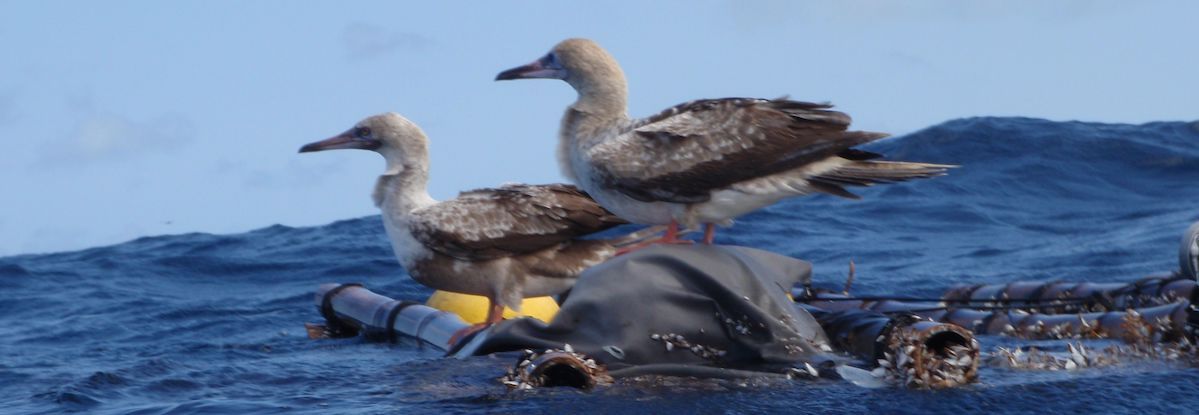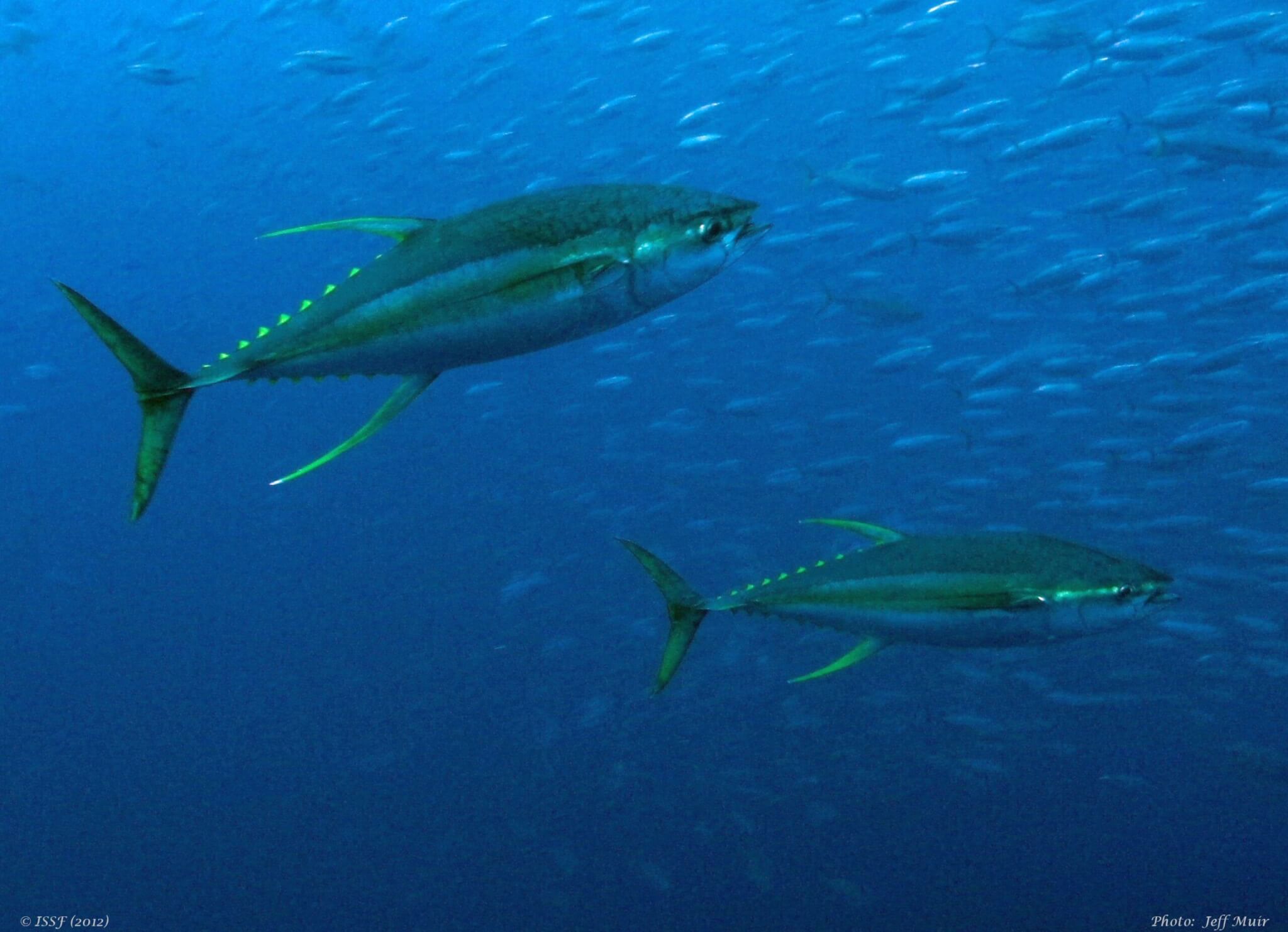
Home » About ISSF » Who We Are
Environmental Stakeholder Committee
Experts from notable conservation and scientific organizations serve on ISSF’s Environmental Stakeholder Committee.
On a volunteer basis, ESC members offer their professional expertise to review and analyze information for ISSF initiatives. Like the Scientific Advisory Committee, the ESC advises the ISSF Board of Directors on sustainability issues and efforts, including ISSF conservation measures. ESC member involvement does not imply an endorsement of ISSF policy decisions.
Environmental Stakeholder Committee
Ben Gilmer
Chair, ISSF Environmental Stakeholder Committee & Director, Large-Scale Fisheries, The Nature Conservancy (TNC)
Dr. Andre Boustany
Member, ISSF Environmental Stakeholder Committee & Principal Investigator of Global Ocean Conservation, Monterey Bay Aquarium
Sonja Fordham
Member, ISSF Environmental Stakeholder Committee & Founder, Shark Advocates International
Bill Holden
Senior Tuna Fisheries Outreach Manager, Marine Stewardship Council
Sara Lewis
Member, ISSF Environmental Stakeholder Committee & Traceability Division Director, FishWise
Dr. Vishwanie Maharaj
Member, ISSF Environmental Stakeholder Committee & Lead, Tunas and Other Multilateral Fisheries, World Wildlife Fund-Inc. (WWF-US)
Dr. Alexia Morgan
Member, ISSF Environmental Stakeholder Committee & Science Lead, Tuna and Large Pelagic Species, Sustainable Fisheries Partnership (SFP)
Daniel Suddaby
Member, ISSF Environmental Stakeholder Committee & Executive Director, Global Tuna Alliance (GTA)
ESC Roles & Responsibilities
Learn about the Terms of Reference that apply to the members of our Environmental Stakeholder Committee.
Sustainable Fishing Guides
Visit the ISSF Guidebooks site for online and downloadable guides for tuna skippers and observers in purse-seine, pole-and-line, and longline fisheries who want to fish more sustainably.

